
Community
How this Liverpool charity helps local Armed Forces veterans when they’re in crisis
1 year ago
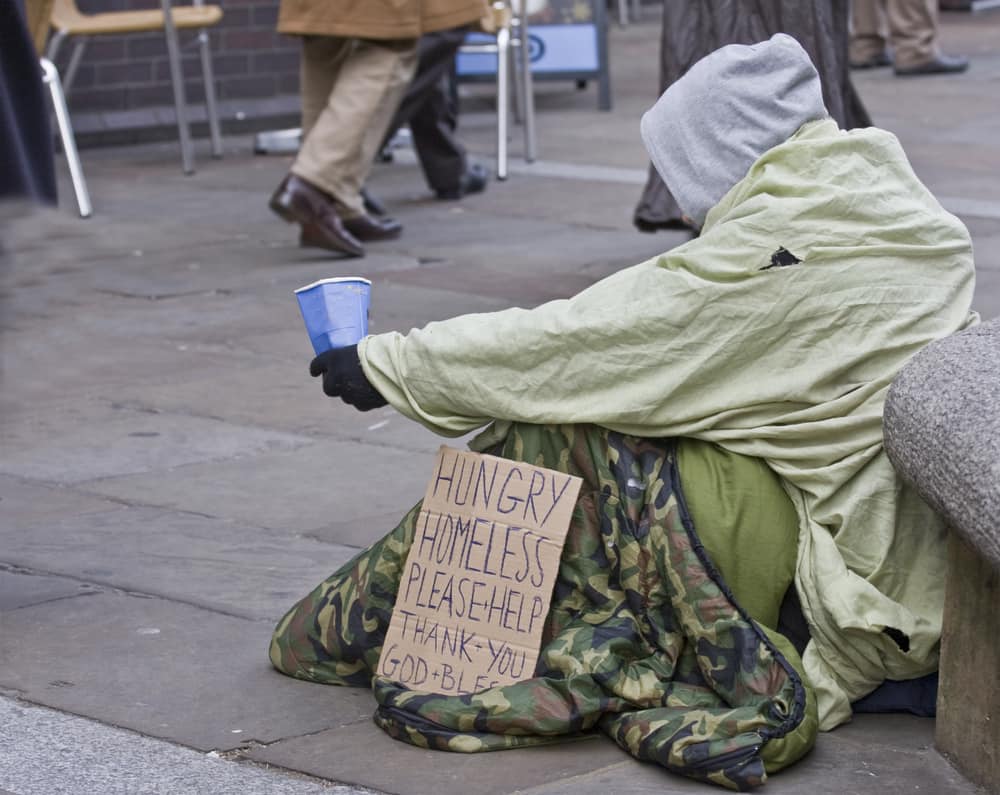
A Liverpool charity is helping hundreds of Armed Forces veterans every year who find themselves in crisis once they leave the military.
The Block, which is based in Walton, offers support for anyone who’s served in the Army, Navy or RAF and is struggling to cope with homelessness, mental health issues and addictions.
With eight single bedsits of its own, the team can find emergency accommodation for veterans who end up living on the streets and help those who are suffering from PTSD.
Since it was set up in 2020 by Colin Eastaway, who spent 10 years with the Parachute regiment, The Block has put a roof over the heads of 112 veterans from the Liverpool City Region who’ve become homeless.
Colin identified a gap in provision for those who had fallen on hard times once they returned to civilian life.
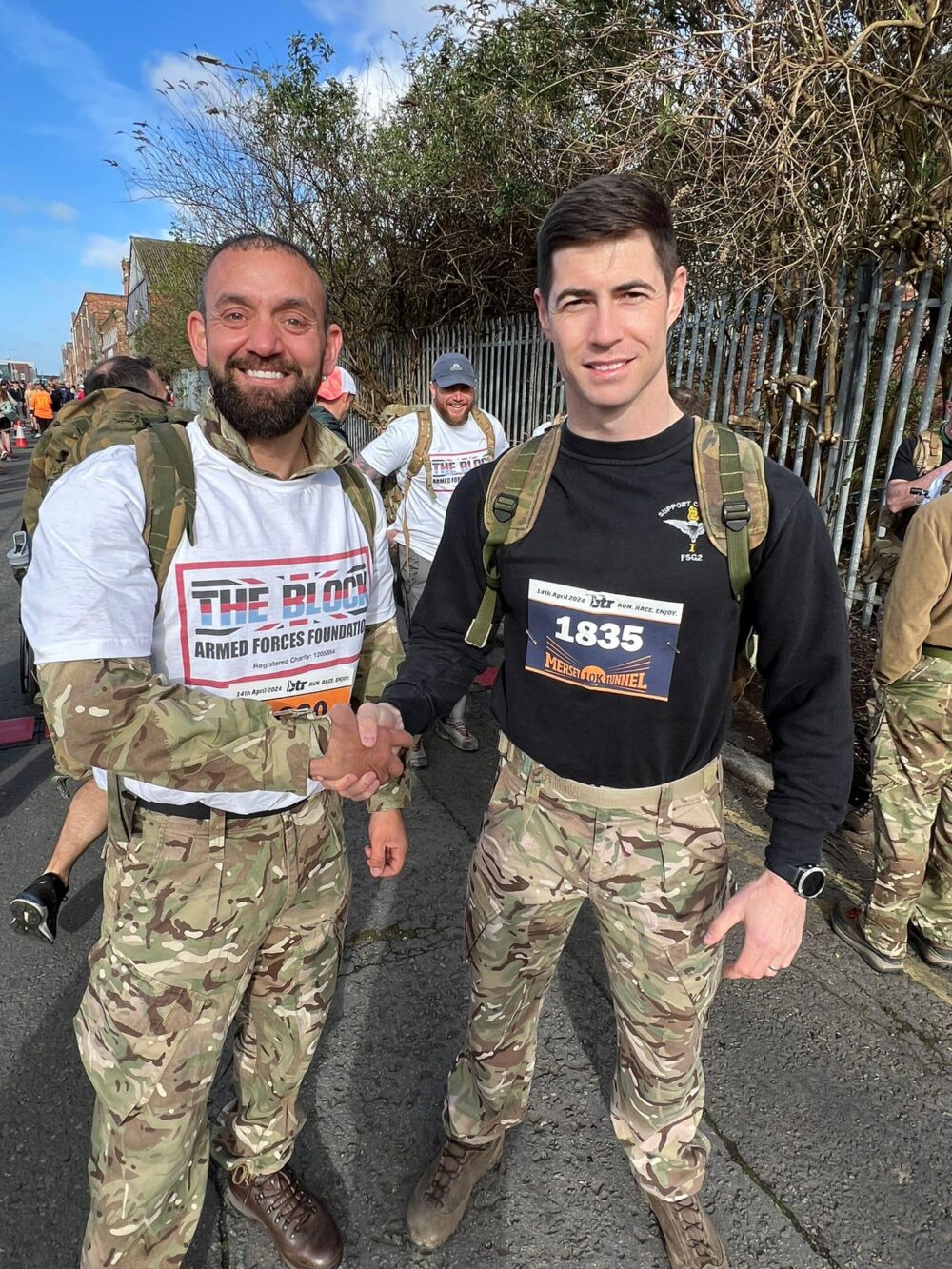
He says: “We first opened a drop-in centre when mental health was obviously a big issue for everybody with Covid because we wanted there to be somewhere people could come to for a brew and a chat during that time.
“I’m ex-Forces, I’ve served in Afghanistan and Iraq and I’m still a reservist now, so a lot of my friends have served, some have been injured and some do struggle with addiction and mental health.
“We started gathering all the contacts that we needed, not just military but including the NHS and any homeless provision services across the region so when veterans were referred or came to us themselves we had the answers.
“In addition to those services, we then connected with the military services as well, going down specialist routes which offer dedicated support for mental health, addiction and homelessness projects.
“These Government-led projects were there, but they weren’t so great in Liverpool, so we wanted to act as a bridge for that gap when someone needs it.”
Ex-Forces men and women are often referred to The Block by organisations like The Whitechapel Centre, Op Fortitude which aims to end veteran homelessness, communities, probation services, police and other charities.
“The minute we hear about someone living in a tent who’s served in the Army, Navy or Air Force we offer them emergency accommodation and we meet with them in our office so we can start delivering support to them,” says Colin.
He says veterans might be in crisis for many different reasons including the break-up of a relationship or a mental health breakdown, and can find it difficult to get help.
“A lot of people join the Armed Forces when they’re young, 17 or 18, so maybe they’ve never had a job in civilian life and for some it’s an escape from what’s happening at home.
“They do so many years and then they get out and they’re not trained to be a civilian. The Army doesn’t teach you what a council tax bill is or how important it is to pay your utilities so when the bailiffs start knocking a lot of them end up having meltdowns and getting evicted.
“Veterans are a unique breed of people, if they’ve been sleeping in their car or struggling with mental health, they aren’t always going to say that to the Job Centre or their doctor.
“The Block is a veteran like-minded space and all of a sudden they feel back in their peer group and able to talk about their troubles. We have people in our charity they can talk to who’ve been down the same path and know what it’s like.”
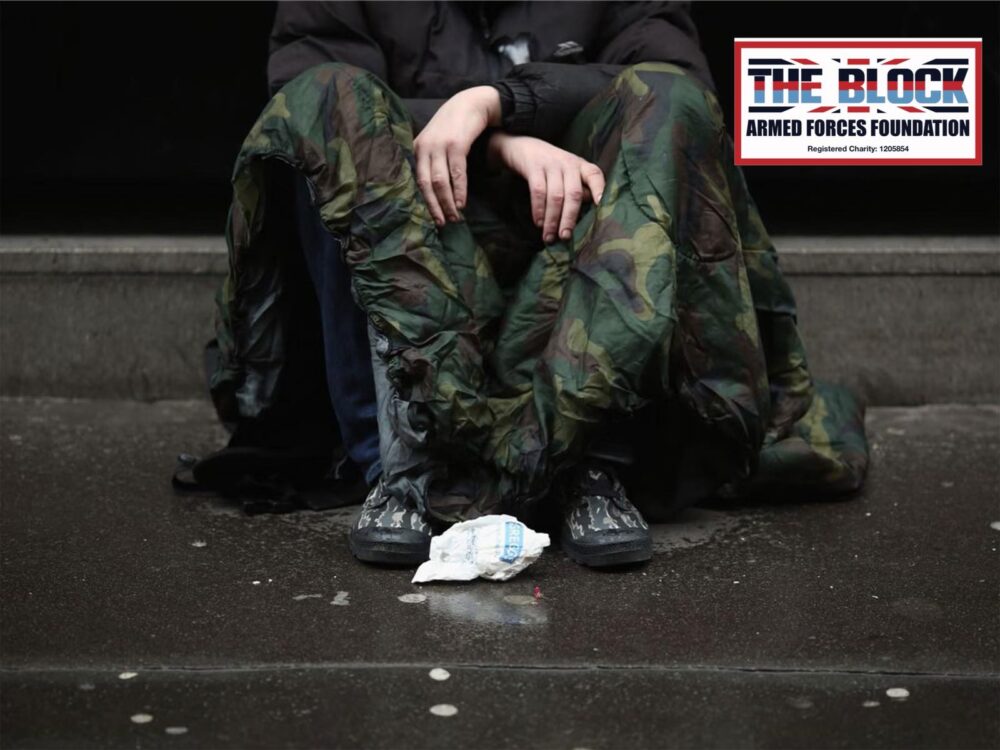
Funded through grants, business sponsorship and donations, The Block team also managed to raise £21,000 for its crisis fund with a speed march last year.
With Remembrance Sunday this weekend, Colin says veterans of all ages need support.
“Complex PTSD has only recently been recognised. When lads were coming back from Afghanistan with it they were given sleeping tablets but that’s like putting a plaster over a gaping wound.
“Afghanistan and Iraq were a tough time, and our veterans in their 40s now are the ones who really struggle.
“In the Forces, The Block is the place in your barracks where everybody sleeps, it’s your accommodation, where all your mates are, the office, the admin, everything. That’s why our charity is called The Block.
“When someone is in crisis, we help with that straight away but we’ll also look into root cause – why have you got no money? Have you got a problem with drink or drugs? What are you struggling with? Then we start addressing that.”


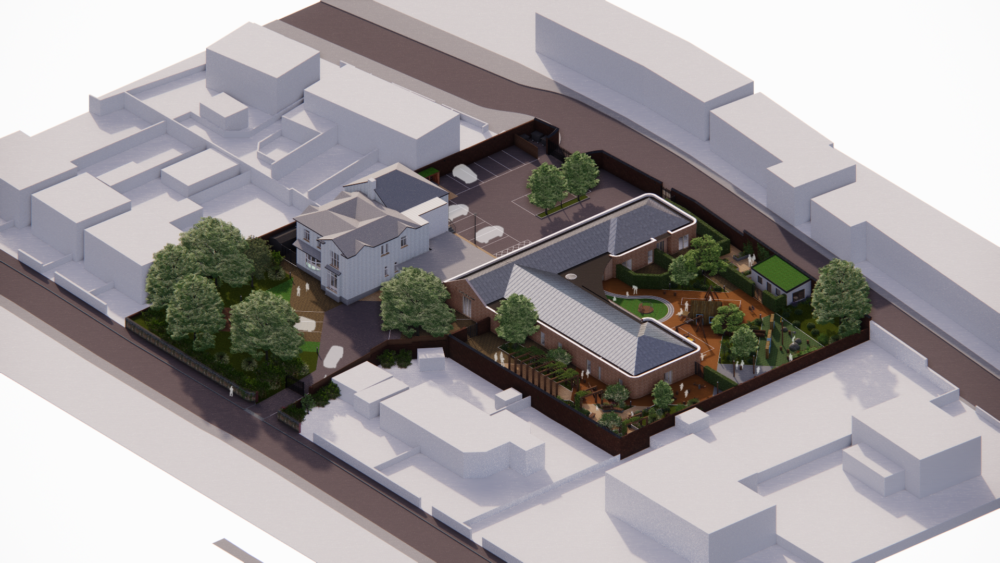
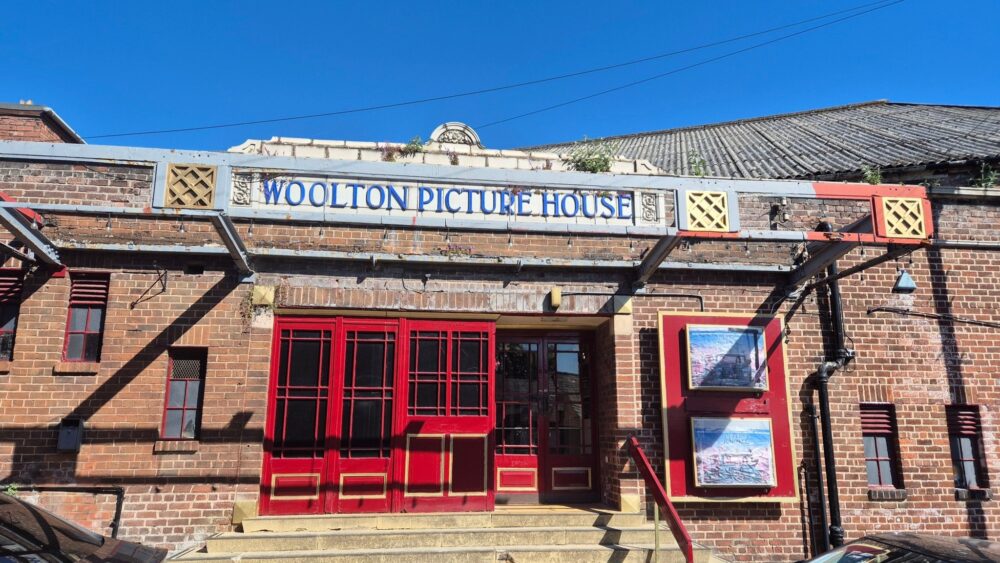

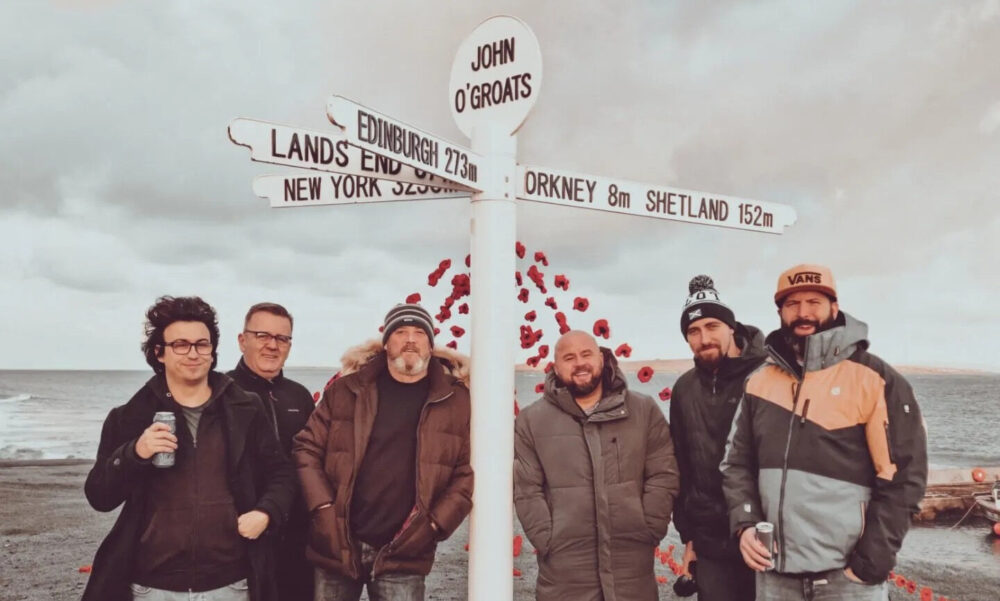
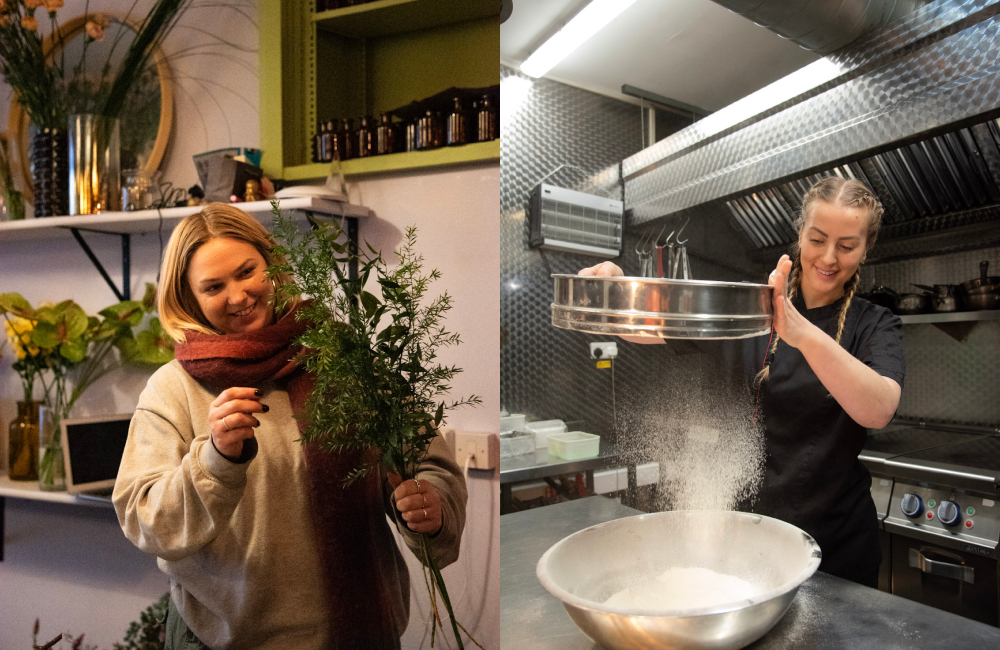



 Subscribe
Subscribe Follow Us
Follow Us Follow Us
Follow Us Follow Us
Follow Us Follow Us
Follow Us Follow Us
Follow Us











